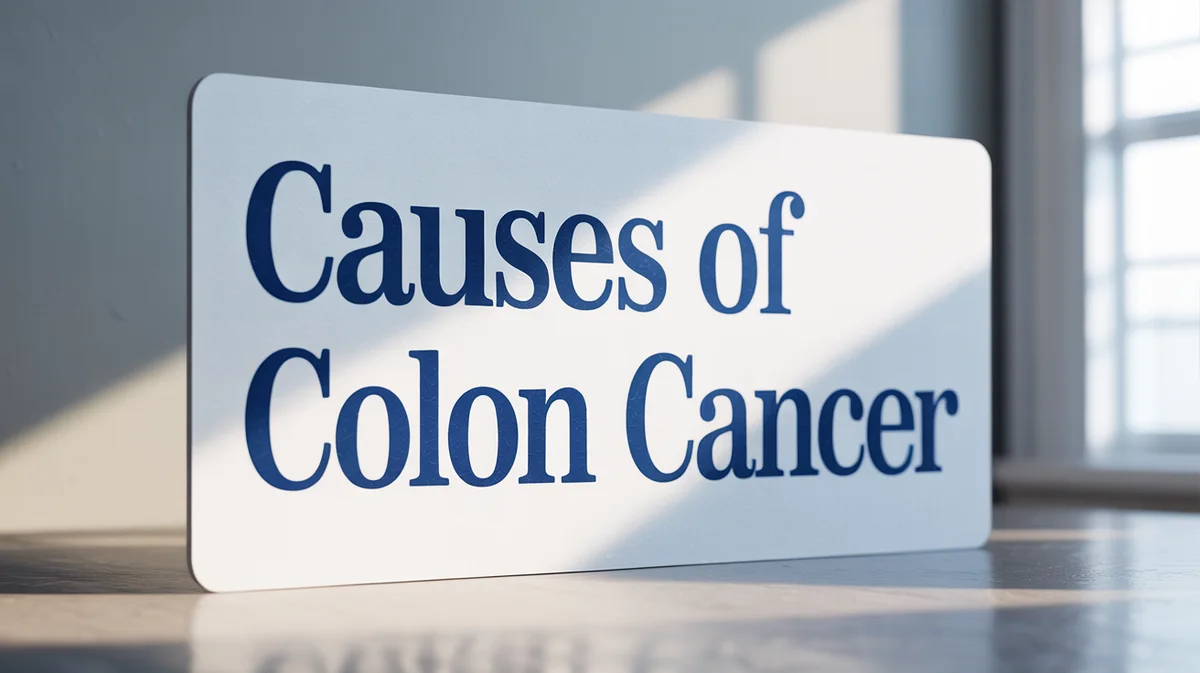Causes Of Colon Cancer

The Causes of Colon Cancer
The causes of colon cancer remain a subject of ongoing research. Although some studies suggest certain factors contribute to colon cancer, others refute these findings, making it challenging to form a definitive understanding.
Research direction: Many believe that researchers are misdirecting their efforts and resources, looking for the causes in the wrong areas. Colon cancer originates in endodermic tissue. It develops during the conflict active phase, and if there's any bleeding or fungal infection (mycosis), the cancer is already transitioning to the healing phase.If you notice any warning signs of colon cancer, it's vital to consult a competent physician for a proper diagnosis. Additionally, it's essential to seek professional help to address the psychological shock and trauma stemming from a cancer diagnosis.
Underlying Emotional Causes: The root cause of colon cancer is believed to be emotional conflicts tied to loathsome events or actions – things that are seen as despicable or unforgivable. The keyword here is resentment. Often, these unresolved feelings stem from issues with family members, close friends, or business partners. A Case Study: Take Richard, 56, as an example. He felt betrayed by his business partner, leading to feelings of frustration, betrayal, and resentment. These emotions disturbed his sleep, consuming his thoughts day and night. By the time Richard sought help, he was already undergoing treatments for colon cancer. However, after addressing his emotional burdens, Richard described feeling significant relief, likening it to "a big rock taken off my belly." A year later, he regained control of his business, and his health was fully restored, with the colon cancer not recurring.For further insights on digestive system disorders, you might want to explore:
Return to home